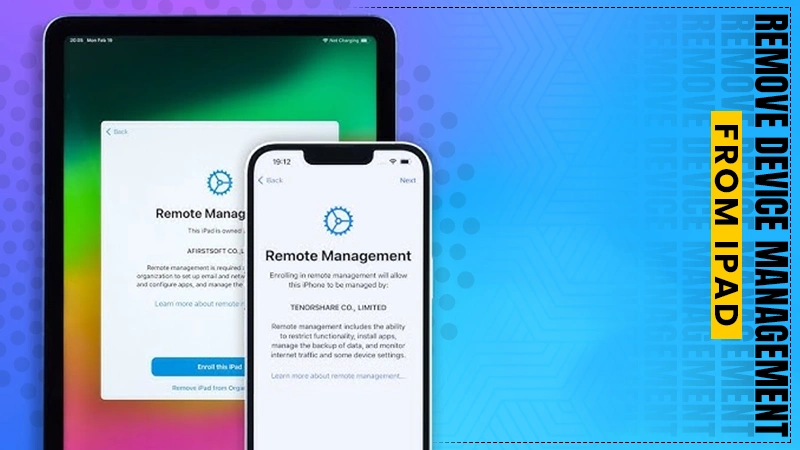How to Look After Your Important Documents

Keeping your important documents safe and organized is essential for protecting your personal and financial well-being. From birth certificates and insurance papers to passports and property deeds, safeguarding these documents can prevent stressful situations like identity theft or loss during emergencies. Here’s a comprehensive guide on how to properly care for your important documents, organized by document type, including tips on organizing, securing, and preserving them for the long term.
1. Birth Certificate
Your birth certificate is a vital record that serves as proof of your identity and citizenship. Keeping it secure ensures that it’s readily available when you need it for legal processes like applying for a passport, driver’s license, or social security number.
- Storage Tips: Store the original birth certificate in a fireproof and waterproof safe.
- Digital Backup: Scan a digital copy and store it in secure cloud storage for easy access when needed.
- Certified Copies: Consider obtaining a certified copy from your local records office as a backup.
2. Passport
Your passport is one of the most important identification documents you own, especially if you travel frequently. Losing it can lead to identity theft or travel disruptions.
- Store It in a Safe Place: When not in use, keep your passport in a fireproof safe or safety deposit box.
- Use a Passport Cover: A cover can protect your passport from physical damage like spills or scratches.
- Make Copies: Keep a photocopy of your passport’s identification page in a separate location, such as in a suitcase when traveling or in a digital format on a secure cloud service. This will be helpful if your passport is lost or stolen.
- Be Prepared for Emergencies: If you lose your passport, knowing where to go for help is essential. Online services can help you apply for an emergency replacement passport and can expedite the process to get you back on track.
3. Wills and Estate Planning Documents
Wills, power of attorney papers, and other estate planning documents ensure that your wishes are carried out in the event of your death or incapacitation. Safeguarding these documents is essential for your peace of mind and that of your loved ones.
- Storage Tips: Store the original will in a fireproof safe or a safety deposit box. Keep a copy with your attorney for added security.
- Inform Trusted Individuals: Inform a trusted family member, executor, or lawyer about the location of these documents so that they can be accessed when needed.
- Review Regularly: Update your will and other estate documents as life changes, such as marriage, divorce, or the birth of a child.
4. Property Deeds and Mortgage Papers
Property deeds, mortgage agreements, and lease documents are essential for proving ownership and managing your real estate investments.
- Secure Storage: Store these documents in a fireproof safe or a bank safety deposit box.
- Digital Copies: Scan and save digital copies to a secure cloud service to have a backup in case of loss or damage.
- Organize by Property: If you own multiple properties, keep the documents organized by property to make retrieval easier when needed.
5. Financial Records
Financial records, such as tax returns, investment statements, and bank account details, contain sensitive information that needs to be protected.
- Secure Storage: Store physical copies in a fireproof safe. Organize them into folders labeled by year or account type for easy access.
- Digital Backup: Maintain digital copies of tax returns and investment statements, encrypted and stored in a secure cloud service.
- Retention Guidelines: Retain tax records for at least seven years, as they may be needed for audits or financial reviews. Other documents may have different retention periods; consult with a financial advisor for guidance.
6. Insurance Policies
Insurance documents, including life, health, and property insurance, are critical for filing claims and understanding your coverage.
- Organize by Type: Use separate folders for different types of insurance (e.g., health, home, auto) and store them in a safe place.
- Digital Backup: Scan and store digital copies of your insurance policies in a secure cloud service.
- Update as Needed: Review your insurance documents annually to ensure that coverage details are up to date.
7. Social Security Card
Your social security card is a vital document for identity verification and accessing certain benefits. Misplacing it can lead to identity theft.
- Keep It Secure: Store your social security card in a fireproof safe and avoid carrying it in your wallet unless absolutely necessary.
- Memorize the Number: Memorize your social security number so you don’t have to refer to the card frequently.
- Digital Copies: Avoid storing digital copies of your social security card to prevent identity theft risks.
8. Medical Records and Vaccination Certificates
Medical records and vaccination certificates are crucial for health-related matters, especially if you travel frequently or have ongoing medical conditions.
- Create a Health File: Keep a file of important medical documents, such as vaccination records, allergy information, and records of major surgeries.
- Digital Storage: Scan and store copies of your medical records in a secure cloud service, making it easy to share with healthcare providers when needed.
- Share with Trusted Contacts: Share copies of critical medical information with a trusted family member or your healthcare provider for emergency situations.
Conclusion
Looking after your important documents involves more than just finding a place to store them—it’s about ensuring their safety and accessibility when you need them most. By organizing, securing, and backing up essential documents like your passport, will, and financial records, you can be better prepared for unexpected situations. Taking these steps today can save you time, stress, and financial losses in the future.












